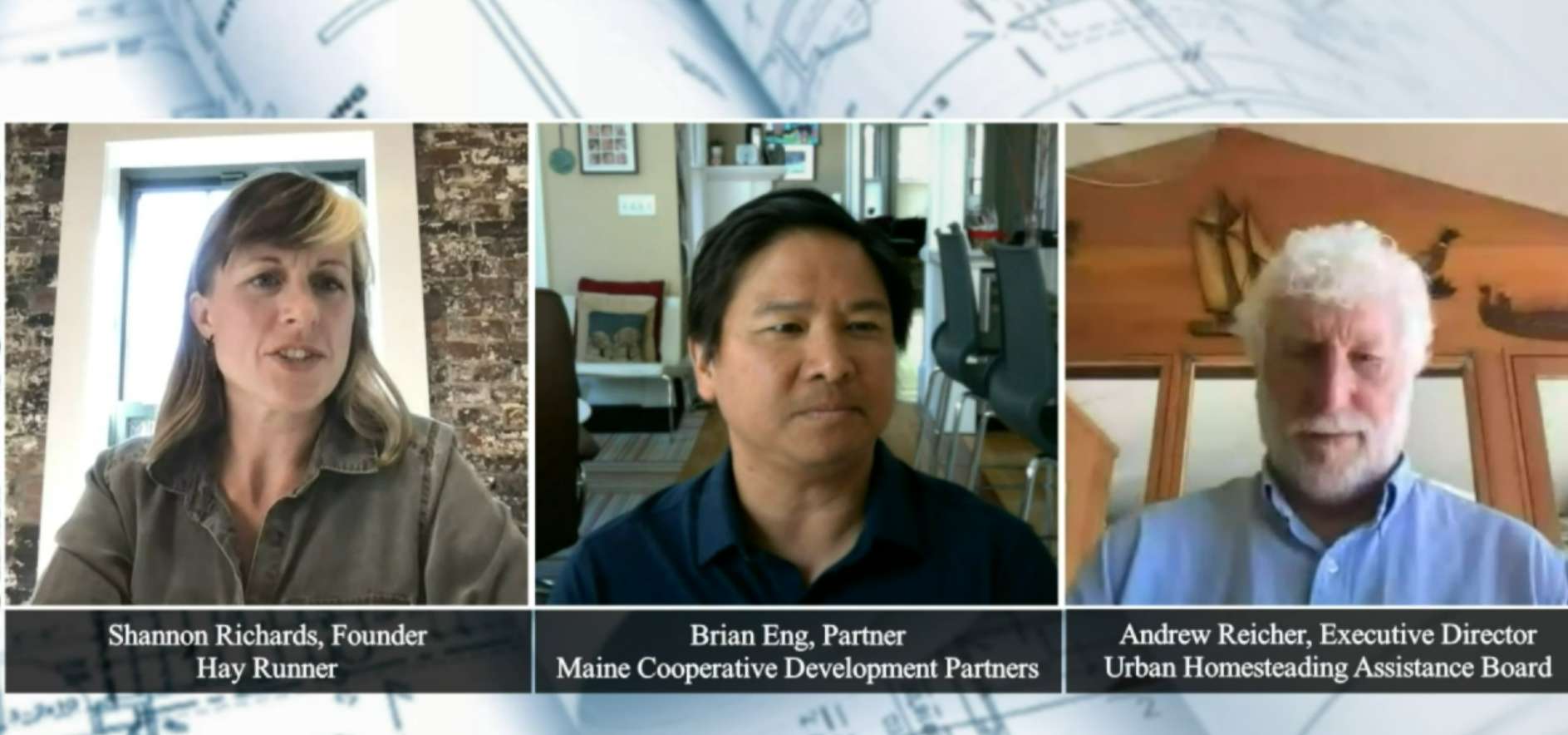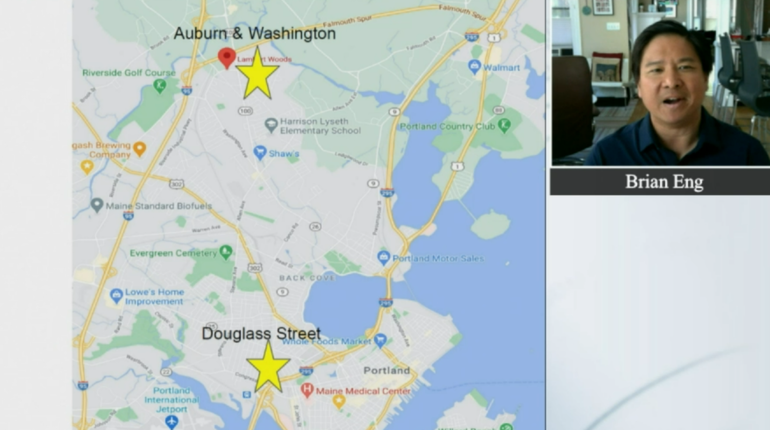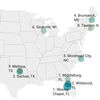
Developer says cooperative plans are 'crucial' to help ease Maine housing crisis
 Image / Vinmeo
Developer Brian Eng, of Maine Cooperative Development Partners, discussed the two cooperative housing developments planned for Portland at a MEREDA Morning Menu event Thursday morning.
Image / Vinmeo
Developer Brian Eng, of Maine Cooperative Development Partners, discussed the two cooperative housing developments planned for Portland at a MEREDA Morning Menu event Thursday morning.
Cooperative limited-equity housing, which could bring more than 100 units to Portland in the next few years, is a model some developers hope will catch on and make a dent in Maine's housing crisis.
Brian Eng, of Maine Cooperative Development Partners, said creative thinking to solve the state's housing crisis "is just crucial right now." Eng was part of a MEREDA Morning Menu panel Thursday that also included Andy Reicher, executive director of the Urban Homesteading Assistance Board, which has been developing cooperative housing in New York City for decades. Shannon Richards, of Hay Runner, was moderator.
Eng's group is building cooperative limited-equity housing in two Portland neighborhoods. He said that it is not only difficult for area residents to find a home to buy, but employers, desperate for workers in skilled onsite jobs, are finding people turning down a job or rescinding an accepted one because they can't find a place to live.
The city of Portland is "very motivated" to find a solution to the area's housing crunch, Eng said. On a larger scale, "It hurts us as a state when people can’t live within communities where they work, or in close proximity."
MCDP, which includes Liz Trice and Matt Peters, is developing Lambert Woods, in the North Deering neighborhood, and Douglass Commons, off lower Congress Street. Both will be cooperative limited equity developments. With cooperative ownership, residents own the development, paying shares that cover the mortgage, maintenance and other expenses. In a limited-equity coop, resale value is limited to keep the units affordable in the future.
Cooperative housing efforts aren't new to Maine. Some notable projects are the 10 manufactured home communities in the state that are now resident-owned with help from ROC USA, which works with Cooperative Development Institute, and Raise-Op, in Lewiston, where residents of three apartment buildings own 13 units.
MDCP's projects are unique in that housing is being built, rather than making a co-op out of existing housing.
The Lambert Woods development will have 48 units, and eventually more, and Douglass Commons will have up to 56 small single-family homes in a project that's in partnership with Szanton Co., which is building a 52-unit apartment complex.
Eng said the projects specifically target Portland area residents who make between $50,000 and $120,000 a year, but have to rent because they can't afford to buy a house.
“It's a very discouraging time to be a household which makes, at least on paper, a very solid income, but can't afford to buy," Eng said.

Focus on owning a home
The focus of such developments is home ownership, Eng and Reicher said, not building equity in order to make a big profit on reselling a home.
Eng said it's more important for many people to have a stable mortgage over the years, benefiting from a fixed housing cost. "The idea is to build wealth outside of home equity, which is more flexible, more liquid," he said.
Reicher said that UHAB's co-ops appreciate 3% a year, so owners know what they'll get if they want to sell in 10 years. "We’re trying to have different perspective on the notion of wealth," he said.
When people can afford their housing, it means they can grow financially in other ways, Reicher said. "You actually have disposable income, an opportunity to use unused income to start a business, or go to school, or send your kids to college," he said.
"What resonates with me is, how I can build wealth if live an hour from my job?'" Richards said. Things like added day care costs, the extra commuting time, and more, all can have a financial impact. "It adds to the deficit," she said. "This is a chance to own close to a more urban area, and facilitate wealth in other ways."
Benefits for state and community
Financial costs for developing the projects in Maine are supported by the state's Maine Cooperative Affordable Housing Act, which allows limited equity housing ownership, and the federal Department of Housing and Urban Development 213 Program, which insures cooperative housing mortgages.
Eng said that while the Portland projects are still in the conceptual phase, they're hoping for a buy-in price for home owners of $10,000 or less. The development group is working with lenders who can support loans of that size to borrowers.
In general, Eng and Reicher said, co-ops build a sense of community and the "sweat equity" shareholders put in also helps develop skills that lead to more community involvement, pursuit of education and better job opportunities.
Eng said that both Lambert Woods and Douglass Commons also focus on walkability, recreation and community, and will be built to energy-efficient passive house standards.
While the focus of his development group is currently on Portland, he said that other parts of the state can benefit as well. One issue is that, for the limited-equity model, there are resident income limits and what their cost is is based on area median income. In Portland, that's fairly high — $70,630 for a one-person household — but it's lower in the rest of the state, making it tough for developers to balance costs.
Eng said the group is actively working with people on the state level, given that workforce housing has been identified in the state's 10-year economic plan. "There are are substantial financial gaps" that have to be plugged, he said.










0 Comments